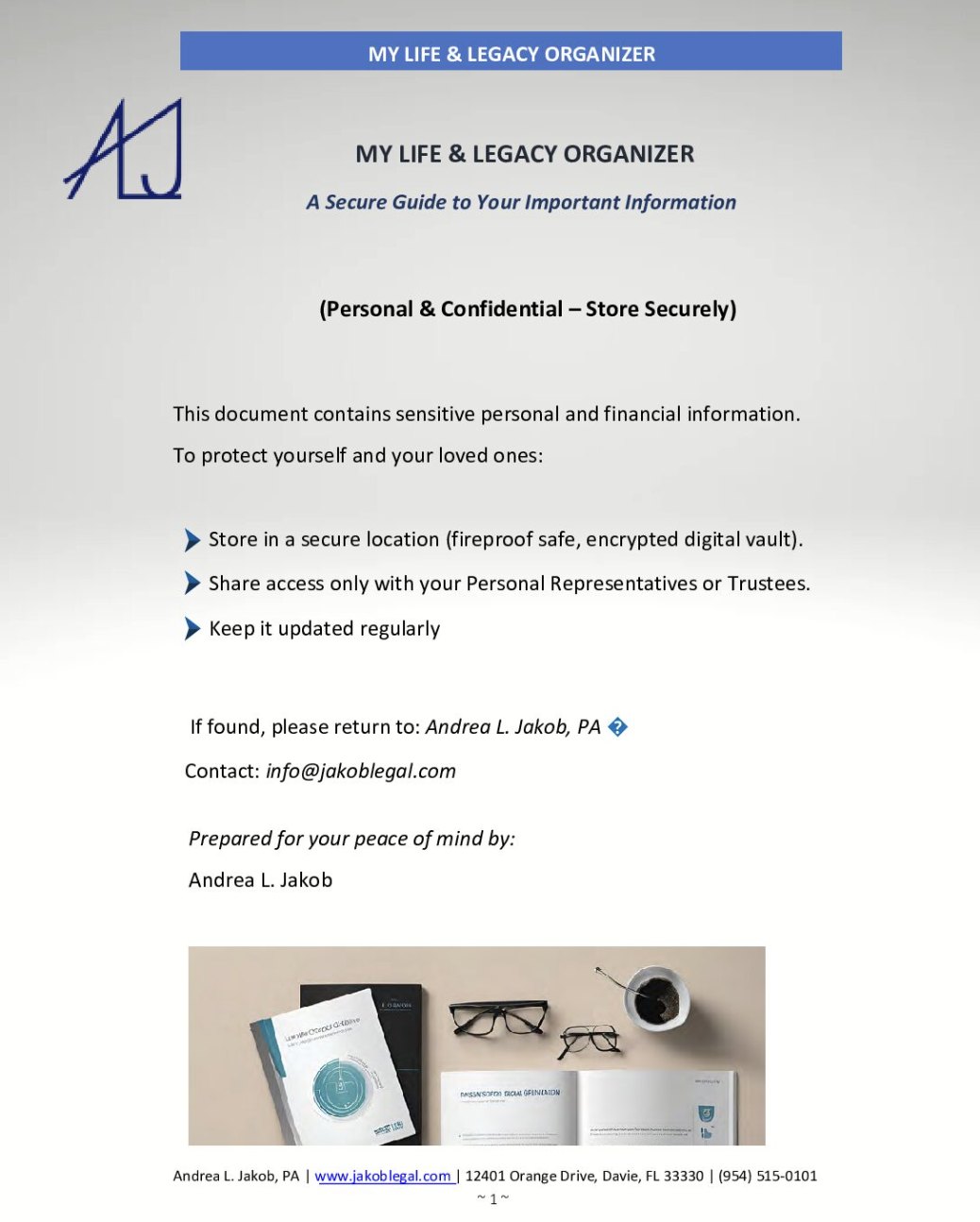As one-child families become increasingly common in the U.S., many parents find themselves facing unique estate planning challenges. While having just one heir can simplify things, it can also create added pressure—both for parents making decisions and for the child who may inherit responsibilities along with assets.
Why Only Child Estate Planning Is Different
Gone are the outdated myths about “only child syndrome.” Studies show only children develop socially just as well as those with siblings. But from a planning perspective, the lack of siblings often means the only child is expected to handle everything—finances, decisions, and caregiving. That’s a lot to manage, especially during times of grief or stress.
Key Considerations When Planning
- Finances & Inheritance Expectations: Many young adults today expect to receive an inheritance, yet studies show fewer parents plan to leave one. Make your intentions clear—and realistic.
- Support Beyond Age 18: With many young adults still living at home and financially dependent, you may want to consider setting up a trust that protects your assets and distributes funds as needed.
- Trust vs. Lump Sum: A trust can be tailored to your child’s maturity level and financial acumen, with conditions or timelines for distributions. This approach safeguards your legacy and supports long-term success.
Assigning Key Roles: Should It All Fall to One Child?
An estate plan includes naming:
- An executor to handle your will
- A successor trustee to manage any trust assets
- An agent under power of attorney for financial and medical decisions
While it might seem convenient to appoint your only child to all these roles, doing so can be overwhelming. Consider whether they have the time, skills, and emotional bandwidth—or whether a trusted friend, relative, or professional might be better suited for some roles.
You Have Options—and No Obligations
Legally, you’re not required to leave anything to your child—or make them your estate manager. You can divide your estate among other beneficiaries, including charities or relatives, and appoint others to oversee financial or medical matters. What matters most is that your plan reflects your wishes and values.
Final Thought: Balance Heart with Practicality
Estate planning for an only child is deeply personal. It involves balancing your love and hopes for your child with realistic planning to protect your legacy and reduce stress for everyone involved. Consult an experienced estate planning attorney to craft a plan that supports your goals and your child’s future—without putting too much on one set of shoulders.

